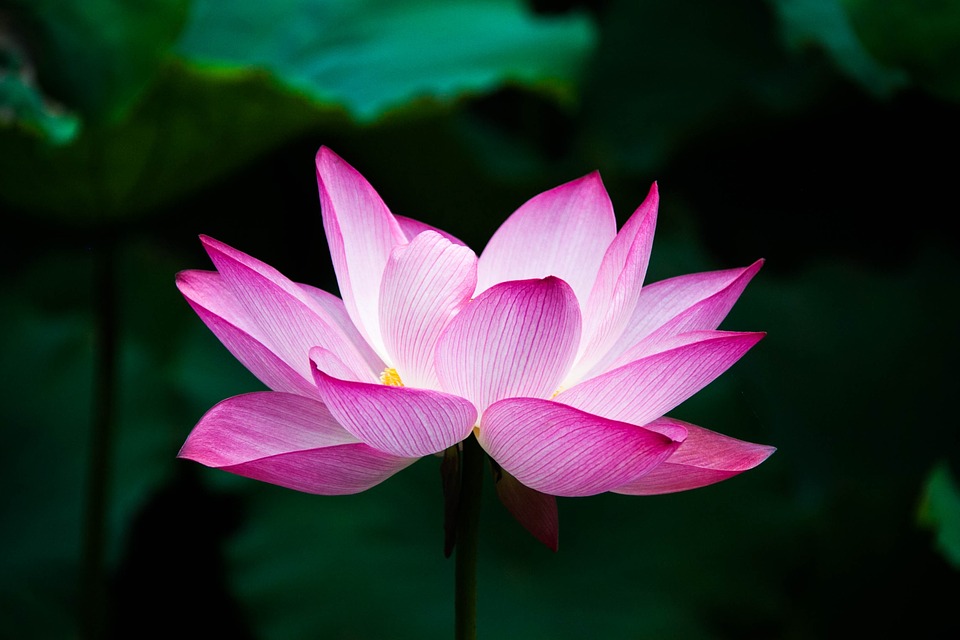Naw-Rúz (March 20 or 21): The Baha’i New Year’s Day coincides with the spring equinox. Naw-Rúz is an ancient Persian festival celebrating the “new day” and for Baha’is it marks the end of the annual 19-Day Fast and is one of the nine holy days of the year when work is suspended and children are exempted from attending school.
Festival of Ridván: The annual Baha’i festival commemorates the 12 days when Bahá’u’lláh, the founder of the Baha’i Faith, publicly proclaimed His mission as God’s messenger for this age. Elections for local, national and international Baha’i institutions are generally held during the Festival of Ridvan. The first (April 20 or 21), ninth (April 28 or 29) and twelfth (May 1 or 2) days are celebrated as holy days when work is suspended and children are exempted from attending school.
Declaration of the Báb (May 23 or 24): This Holy Day commemorates May 23, 1844, when the Báb, the herald of the Baha’i Faith, announced in Shiraz, Persia (now Iran), that He was the Herald of a new Messenger of God. It is one of the nine holy days of the year when work is suspended and children are exempted from attending school.
Ascension of Bahá’u’lláh (May 28 or 29): Baha’is observe the anniversary of the death in exile of Bahá’u’lláh, the founder of the Baha’i Faith, on May 29, 1892, outside Akko (also known as Akka or Acre), in what is now northern Israel. It is one of the nine holy days of the year when work is suspended and children are exempted from attending school.
Martyrdom of the Báb (July 9 or 10): The holy day commemorates the anniversary of the execution of the Báb (Siyyid ‘Ali-Muhammad), the herald of the Baha’i Faith, by a firing squad on July 9, 1850, in Tabriz, Persia (now Iran). It is one of the nine holy days of the year when work is suspended and children are exempted from attending school.
Twin Holy Birthdays: The Birth of the Báb (October 20, 1819) and the Birth of Bahá’u’lláh (November 12, 1817) occurred on consecutive days according to the Islamic lunar calendar (1 and 2 Muharram, respectively). These Holy Days are celebrated on the first and second days of the eighth lunar month after Naw-Rúz, and may fall as early as October 20-21 and as late as November 11-12. They are two of the nine holy days of the year when work is suspended and children are exempted from attending school.
Day of the Covenant (Nov. 25 or 26): The festival commemorates Bahá’u’lláh’s appointment of His eldest son, ‘Abdu’l-Bahá, as the Center of His Covenant.
Ascension of ‘Abdu’l-Bahá (Nov 27 or 28): Baha’is observe the anniversary of the death of ‘Abdu’l-Bahá, son of Bahá’u’lláh and His appointed successor, on Nov 28, 1921 in Haifa, in what is now northern Israel.
Ayyám-i-Há or Intercalary Days (floats between Feb. 25 and March 1): Ayyám-i-Há, or “Days of Ha,” are devoted to spiritual preparation for the Fast, hospitality, charity and gift giving. They are celebrated during the four days (five in leap year) before the last month of the Baha’i year.
For more information on the Baha’i Calendar and Holy Days visit: https://www.bahai.us/events-calendar/holy-days/


